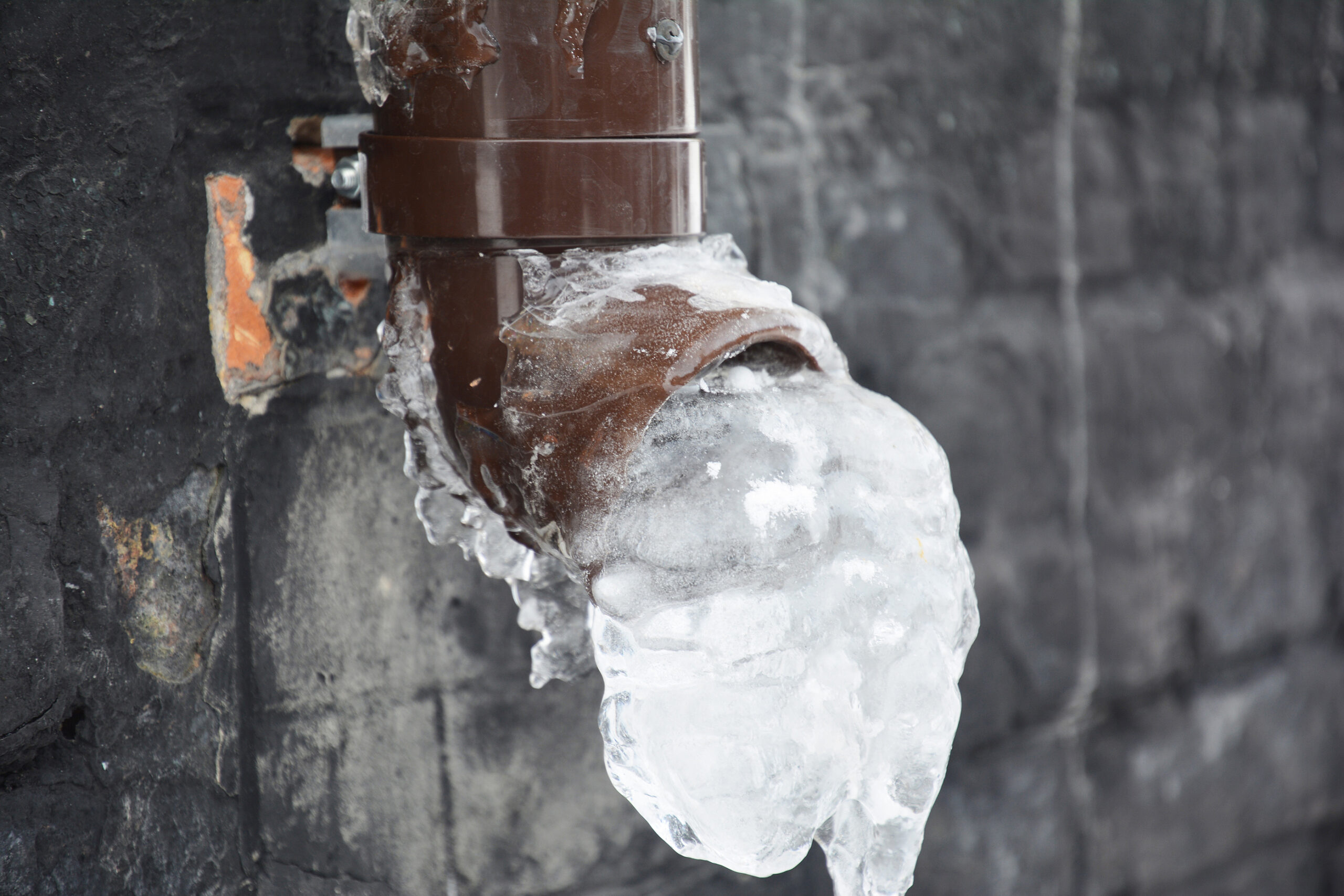Ways to Defend Plumbing System from Cold Weather: Essential Tips
Ways to Defend Plumbing System from Cold Weather: Essential Tips
Blog Article
What are your opinions regarding How To Avoid Freezing Pipes?
:strip_icc()/snow-outdoor-faucet-pipes-4af65d1e5e904fb1aa7bf74071fe5d89.jpg)
Cold weather can wreak havoc on your plumbing, particularly by freezing pipelines. Right here's exactly how to prevent it from taking place and what to do if it does.
Intro
As temperatures decline, the danger of frozen pipelines increases, possibly resulting in pricey repair services and water damage. Comprehending how to avoid icy pipes is critical for house owners in cool environments.
Comprehending Frozen Pipelines
What creates pipelines to freeze?
Pipes freeze when revealed to temperature levels below 32 ° F (0 ° C) for extended periods. As water inside the pipelines ices up, it expands, taxing the pipeline walls and potentially creating them to break.
Risks and problems
Icy pipelines can lead to water interruptions, property damage, and pricey repair work. Burst pipes can flood homes and cause substantial architectural damage.
Indicators of Frozen Pipeline
Recognizing icy pipes early can prevent them from breaking.
Just how to determine frozen pipes
Look for reduced water flow from taps, unusual smells or sounds from pipes, and visible frost on exposed pipelines.
Prevention Tips
Protecting vulnerable pipelines
Wrap pipes in insulation sleeves or utilize warmth tape to protect them from freezing temperature levels. Concentrate on pipes in unheated or exterior areas of the home.
Heating techniques
Maintain indoor areas sufficiently warmed, especially areas with plumbing. Open cabinet doors to permit cozy air to flow around pipelines under sinks.
Shielding Exterior Pipes
Garden hoses and outdoor taps
Detach and drain garden tubes prior to winter season. Install frost-proof faucets or cover outside faucets with shielded caps.
What to Do If Your Pipes Freeze
Immediate activities to take
If you suspect frozen pipelines, keep faucets open to eliminate pressure as the ice melts. Use a hairdryer or towels soaked in warm water to thaw pipelines slowly.
Long-Term Solutions
Architectural changes
Think about rerouting pipelines far from exterior wall surfaces or unheated locations. Include additional insulation to attic rooms, cellars, and crawl spaces.
Updating insulation
Invest in top quality insulation for pipes, attics, and walls. Appropriate insulation assists keep regular temperature levels and reduces the risk of icy pipelines.
Final thought
Protecting against icy pipes calls for proactive measures and fast feedbacks. By comprehending the causes, indicators, and safety nets, homeowners can safeguard their plumbing throughout cold weather.
Helpful Tips to Prevent Frozen Pipes this Winter
UNDERSTANDING THE BASICS: WHY PIPES FREEZE AND WHY IT’S A PROBLEM
Water freezing inside pipes is common during the winter months, but understanding why pipes freeze, and the potential problems it can cause is crucial in preventing such incidents. This section will delve into the basics of why pipes freeze and the associated problems that may arise.
THE SCIENCE BEHIND FROZEN PIPES
When water reaches freezing temperatures, it undergoes a physical transformation and solidifies into ice. This expansion of water as it freezes is the primary reason pipes can burst. As the water inside the pipe freezes, it expands, creating immense pressure on the walls. If the pressure becomes too great, the pipe can crack or rupture, leading to leaks and water damage.
FACTORS THAT CONTRIBUTE TO PIPE FREEZING
Low Temperatures: Extremely cold weather, especially below freezing, increases the risk of pipes freezing. Uninsulated or Poorly Insulated Pipes: Pipes located in unheated areas, such as basements, crawl spaces, or attics, are more prone to freezing. Insufficient insulation or lack of insulation altogether exacerbates the problem. Exterior Wall Exposure: Pipes running along exterior walls are susceptible to freezing as they encounter colder temperatures outside. Lack of Heating or Temperature Regulation: Inadequate heating or inconsistent temperature control in your home can contribute to frozen pipes. PROBLEMS CAUSED BY FROZEN PIPES
- Pipe Bursting: As mentioned earlier, the expansion of water as it freezes can cause pipes to burst, resulting in significant water damage.
- Water Damage: When pipes burst, it can lead to flooding and water damage to your property, including walls, ceilings, flooring, and personal belongings.
- Structural Damage: Prolonged exposure to water from burst pipes can compromise the structural integrity of your home, leading to costly repairs.
- Mold and Mildew Growth: Excess moisture from water damage can create a favorable environment for mold and mildew growth, posing health risks to occupants.
- Disrupted Water Supply: Frozen pipes can also result in a complete or partial loss of water supply until the issue is resolved.
WHY CERTAIN PIPES ARE MORE PRONE TO FREEZING
- Location: Pipes located in unheated or poorly insulated areas, such as basements, crawl spaces, attics, or exterior walls, are at higher risk of freezing.
- Exterior Pipes: Outdoor pipes, such as those used for irrigation or exposed plumbing, are particularly vulnerable to freezing as they are directly exposed to the elements.
- Supply Lines: Pipes that carry water from the main water supply into your home, including the main water line, are critical to protect as freezing in these lines can affect your entire plumbing system.
- Underground Pipes: Pipes buried underground, such as those connected to sprinkler systems or outdoor faucets, can be susceptible to freezing if not properly insulated.
https://busybusy.com/blog/helpful-tips-to-prevent-frozen-pipes-this-winter/

I discovered that blog entry on How to prepare your home plumbing for winter weather when perusing the internet. In case you appreciated our post plz remember to pass it around. I love reading our article about How to Prevent Your Pipes From Freezing.
Schedule Now Report this page